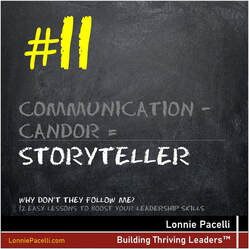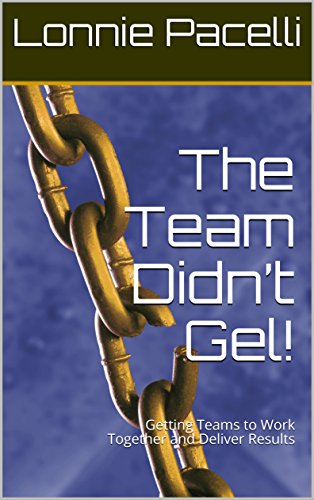 I remember as a kid being entertained by plate spinners. The performer would spin bowls, plates or other flat objects on poles and keep them all spinning without falling off. I watched each plate spinner run from pole to pole, jiggling the pole to keep a plate from wobbling and falling off. The spinner had to prioritize those plates most likely to fall off the pole first, get them spinning again, them move on to the next teetering plate. Sometimes, the spinner was able to keep everything spinning; sometimes, a plate crashed to the ground, to the “oohs” and “aahs” of the crowd. Welcome to the world of managing multiple projects. As a young PM, I was managing three large engagements. I was bound and determined to show everyone I could do it. Long story short, I ended up tanking not one, not two, but all three projects. All three plates came crashing down. It was one of the most painful experiences I ever went through as a PM…one that I was determined not to repeat. I’ve been asked how many projects is reasonable for a PM to manage. Honestly, it depends on several key factors: Read more at ProjectManagement.com.
0 Comments

Some time back I was talking with a fellow project manager about a difficult issue he was having with his new boss. The thumbnail summary of the discussion was that the project manager was feeling overly scrutinized and micro-managed. Now I knew the project manager to be a capable professional who could confidently handle the work assigned to him. Yet his boss insisted on managing every detailed aspect of his work. More so, his boss was very critical of the work being done even though it was performed to professionally acceptable standard. The situation became unbearable for the project manager; he ultimately left the organization.
 Recently I was having a discussion with a colleague. During the chat he made a comment that really resonated with me: “I love my career—not just because of what I do, but also what it enables me to do.” That one sentence seemed so simple, but so impactful. He was saying that his career was fulfilling, provided financially, and afforded him the flexibility to do non-work things that were really important to him. It was about both a great career and the benefits his career brought to the other aspects of his life. As I ruminated over the concept, it occurred to me that it might be helpful to put a bit of definition around the “enabling me to do” phrase. I’ve written in the past about finding contentment in nine different life areas and thought that to be a reasonable starting point, as follows: Read more at ProjectManagement.com  E.F. Hutton was a financial brokerage firm founded in 1904 by brothers Edward Francis and Frankly Laws Hutton. In the 1970s, E.F. Hutton created an advertising campaign with the slogan, “When E.F. Hutton talks, people listen.” The slogan implied that E.F. Hutton didn’t mince words, and that any advice given was valuable. For me, it ranks right up there with “Two all-beef patties…” and “Plop plop, fizz fizz…” Now that I’ve planted a couple of commercial jingles in your head that you may be singing the rest of the day, let’s get into how this is relevant to being a great project manager. In my early days as a consultant, I mistakenly believed that my job was to tell, that the client was expecting me to talk on any topic and espouse my wisdom. As a result, I tended to use a lot of words to communicate what I thought needed to be communicated. As I grew, I noticed those who were particularly impactful at getting their point across. They didn’t simply fill the air with words; it was quite the opposite. They sat back and listened while others did the talking, then, when ready to speak, came into the conversation with a profound question or statement that caused others to think. What they said was concise, relevant and thought-provoking. I also noticed something else--whenever that person spoke, others generally stopped talking to yield the floor. People like that make their words count. They have what I call a high value per word. Read more at ProjectManagement.com. |
Topics
All
Reprints
Contact Lonnie about article reprints. Please specify article you wish to reprint. Backlist
See Lonnie's Amazon Author Page Archives
July 2024
|
Lonnie Pacelli - Building Thriving Leaders™
Insightful | Creative | Direct Advice to Help Leaders Help Themselves
Keynote Speaker | Board Director | Autism Advocate | Author | Project Management Expert | Microsoft/Accenture Veteran
See his books on Amazon
Insightful | Creative | Direct Advice to Help Leaders Help Themselves
Keynote Speaker | Board Director | Autism Advocate | Author | Project Management Expert | Microsoft/Accenture Veteran
See his books on Amazon
Services |
About
|
© COPYRIGHT 2019. ALL RIGHTS RESERVED.
We are a participant in the Amazon Services LLC Associates Program, an affiliate advertising program designed to provide a means for us to earn fees by linking to Amazon.com and affiliated sites.
|


 RSS Feed
RSS Feed